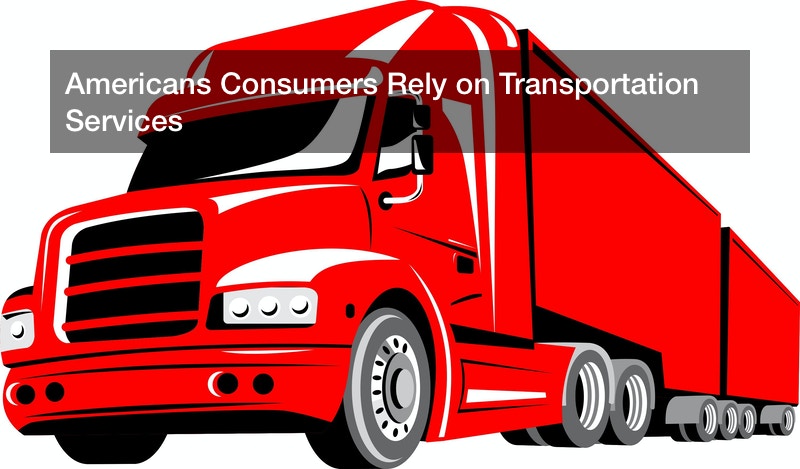

These are challenging times.
As the nation deals with a health crisis that is affecting the economy as much as the physical well being of the citizens, everyone is relying on the help of the trucking industry. And while the truckers are being praised as heroes in many cities and states, the fact of the matter is many of these truckers are still reliant on the timely payments that they need to keep their families fed and safe. And in a time when the restrictions for how many hours a truck can be on the road and how much weight they are able to carry, there are truckers who are earning more money as the are expected to do more work. Making sure that these drivers are paid on time, of course, is the job of financial offices across the country. From the logistics that is needed to create the most efficient routes from the arrival of overseas imports to the on time delivery to local grocer stores, in fact, there is an entire network that keeps this industry running in even the most common of times. Today, when the transportation network is taxed more than ever before, those logistics workers are also more important than ever before.
Local and International Factoring Services Keep a Complicated Transportation System Running
The gap in time between when products are delivered and when those delivery fees are paid can be significant. As a result, factoring companies can help small businesses bridge invoice payment gaps with upfront loans up to 90% of the original invoice. Drivers must be paid on time and fuel costs are a constant part of any delivery, but the payments that a trucking company receives often lack from one to two months. Finding a way to cover the costs of everything that is involved in a delivery service can help businesses of all size cover this gap.
Consider some of these facts and figures about the complicated local and international factoring services that are required to keep truckers and their loads ON THE ROAD:
- Of the nearly 12 million trucks, rail cars, locomotives, and vessels move goods over the transportation network, there are many that rely on international factoring services to make sure that payments are made on time.
- Needing an efficient way to record and track bills and invoices, more and more companies understand the important role that electronic services play. In fact, sending paper invoices is 57% more expensive than sending an electronic invoice, so digital billing is increasingly common.
- The role of invoice factoring is to serve as a type of accounts receivable financing that converts outstanding invoices due within 90 days into immediate cash for a business of any size.
- Having the right amount of capital to cover current expenses is always essential for a business to succeed, but in the trucking industry this capital is even more important. For example, the factor advances most of the invoice amount, typically between 70% to 90%, after checking out the credit-worthiness of the billed customer. When the bill is paid, the factor remits the balance, minus a transaction, also called a factoring, fee.
- Estimates indicate that there are currently as many as 28 million small businesses in the U.S.
- Rresearch indicates that international factoring services play a vital role in the success of a transportation company.
- One of the most vital roles in the transportation industry is provided by the approximately 5.9 million commercial motor vehicle drivers operate in the U.S.
- Assuming that advance business capital factoring is correctly calculated means that businesses of all size can continue to meet payroll and pay for fuel and other travel expenses when a business waits for deliver fees to be submitted.
- Despite their best efforts, bankruptcies in the U.S. increased to 25,227 companies in the second quarter of 2016, from 24,797 companies in the first quarter of 2016.
Freight factoring services are one of the important behind the scenes aspects of a complicated transportation network every American is relying on for the food and home supplies that everyone needs. In both normal and crisis times, grocery stores, retailers, educational, and medical providers rely on the safe and on time delivery of many goods.





